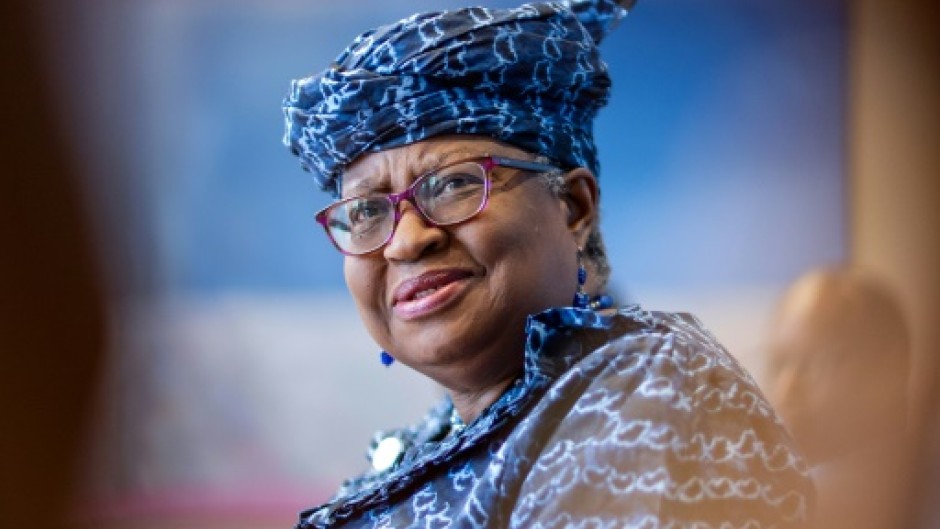ABU DHABI - The head of the World Trade Organization insisted the WTO was still relevant as it prepares for its main gathering with few major deals on the table.
WTO members' trade ministers have their biennial meeting in Abu Dhabi from February 26-29, at which they could put the final touches to a further fisheries deal.
The global trade body's chief Ngozi Okonjo-Iweala dismissed claims that the organisation was no longer relevant.
"I reject the use of the word irrelevant," she told journalists at the WTO's headquarters in Geneva.
"People don't realise, they've taken for granted that 75 percent of world trade is taking place on WTO terms: 75 percent, in spite of all the FTAs (free trade agreements) and regional agreements.
"Can you imagine if those rules did not exist to govern world trade? What would it be?
"Be careful what you say."
The Abu Dhabi talks will be the 13th ministerial meeting since the WTO's creation in 1995.
The WTO is hoping for results, particularly on fishing, agriculture and electronic commerce, but disagreements remain between the organisation's members.
Okonjo-Iweala said her team was working around the clock to draft agreements for the talks.
She said the mood among diplomats finessing the draft texts for the Abu Dhabi meeting was more positive and constructive than before the last ministerial meeting in 2022, held at the WTO's Geneva headquarters.
However, the "positive atmosphere has to be mixed with a dose of realism because negotiating positions are still quite tough" notably on agriculture, she added.
They were working to seal new agreements on tackling subsidies that promote overfishing, and extending the practice of not imposing customs duties on electronic transmissions.
Okonjo-Iweala said she expected the meeting to be tough due to the "economic and political headwinds", from the war in Ukraine, the attacks in the Red Sea, inflation, rising food prices and economic difficulties in Europe and China.

